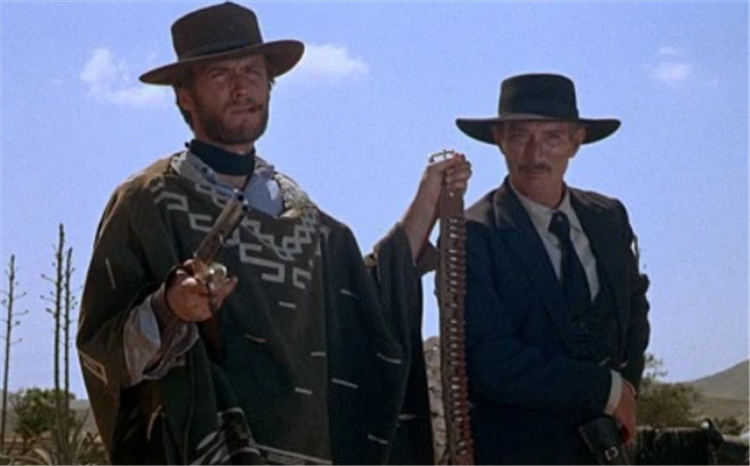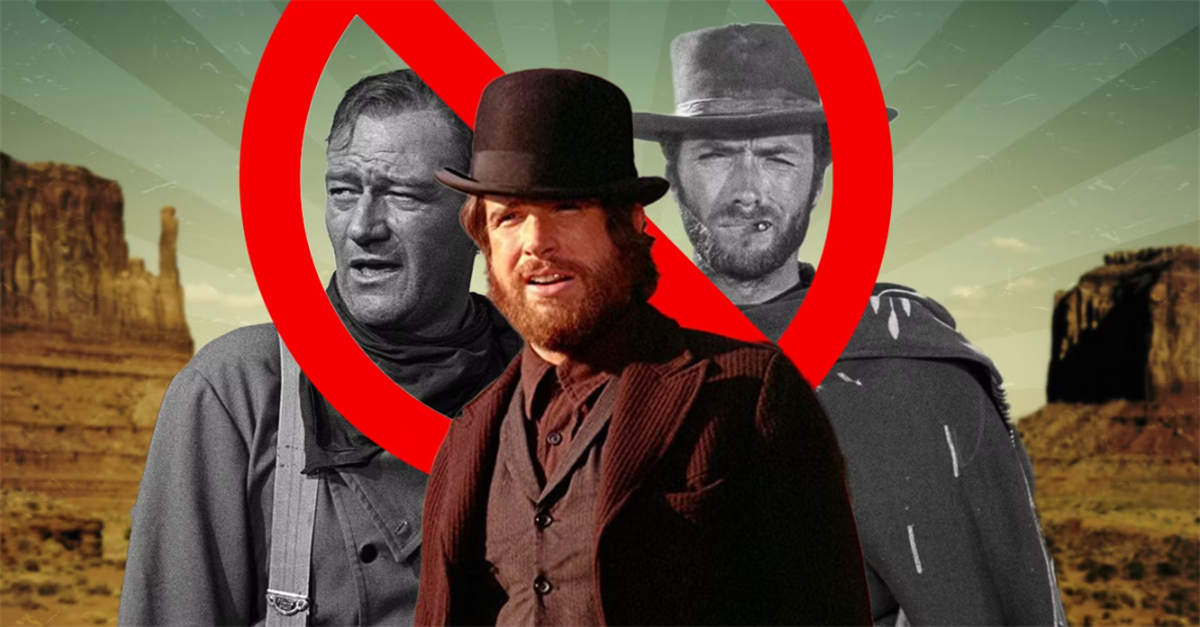From blink-and-you’ll-miss-it bit parts in Universal programmers to distinguished filmmaker, Clint Eastwood has come a long way in show business. Fans still delight in his iconic turn as the “Man with No Name” in Sergio Leone’s “Dollars” trilogy, and he’s one of very few actors to achieve renowned success as a mainstream director. His spartan directing style has ruffled a few feathers over the years — as has his personal conduct — but at 94, he’s still active behind the camera and still winning praises from later generations of filmmakers. It’s quite the journey for a man who puttered around various odd jobs early in life and who fumbled his first audition in Hollywood.
Of course, no artistic career that long is devoid of setbacks. The early period of Eastwood’s life and career saw him struggle for a direction to go in and an opportunity to break through in the industry. These roadblocks haven’t received the same attention as Eastwood’s successes, but here are few times when one of America’s archetypal tough guys fell short.
EASTWOOD WAS A POOR STUDENT WHO MAY NEVER HAVE GRADUATED FROM HIGH SCHOOL

If you ask Clint Eastwood, his early childhood drove him to develop a strong worth ethic due to the rough conditions his family endured during the Great Depression. If you ask his biographer or embittered former lovers, this is either a slight or great exaggeration to better serve his public persona. Either way, his family moved around throughout the Depression years before settling in Piedmont, California in 1940. It was in Piedmont that Eastwood went to junior high and high school.
Childhood classmates recalled Eastwood as a good-natured member, but not a leader, of a pack of boys, according to “Clint: The Life and Legend.” He dabbled in athletics and got on well with the ladies, but his studies were another story. Eastwood was an indifferent student. He had to attend summer school to keep his grades up. A mildly rebellious sort, he got into enough mischief that Piedmont High asked him to leave. He transferred to Oakland Tech, where he continued to cut class and enjoy his youth.
Eastwood’s laziness and delinquency held him back in high school until he was 19. His graduating class was 1948-49, but it’s a very real possibility that Eastwood never managed to graduate at all. His grades never improved, and friends interviewed by his biographer expressed doubt that he finished high school. Eastwood’s senior yearbook says he was scheduled to graduate mid-term, but with graduation records being confidential, it’s unknown if he followed through or if, as his friends surmised, he dropped out to have a good time.
EASTWOOD WAS FIRED FROM HIS FIRST STUDIO
Clint Eastwood’s biggest claims to fame as an actor are his turns in “Rawhide,” the “Dollars” trilogy, and as Dirty Harry. But like many in Hollywood, he got his first break in the horror genre. His first appearance before moviegoers was as an uncredited lab technician in the Universal thriller sequel “Revenge of the Creature.” It represented one day of work for Eastwood, and the handful of lines he was given were the most he’d say in an Universal movie for the duration of his contract.
Eastwood was part of Universal’s “Stars of Tomorrow” program, and he retained fond memories and connections from his days there. But the bit parts he was given, mostly in films directed by Arthur Lubin and Jack Arnold, did little to showcase his admittedly nascent talents. And higher-ups at Universal may not have been the biggest fans of their star of tomorrow. Burt Reynolds, who was also at Universal at the time, recalled that executives objected to Eastwood’s chipped tooth, slow drawl, and prominent Adam’s apple. They were both fired in 1955, with Reynolds blaming Eastwood’s physical traits for the studio’s decision.
Eastwood’s biographer has argued that the real reason for Eastwood’s dismissal was budgetary cutbacks. But Eastwood himself believed it was due to personal dislike on the part of one particular executive, head of casting Robert Palmer. Years later, Eastwood pointedly refused to hire Palmer.
HIS FIRST MAJOR ROLE ALMOST MADE HIM QUIT ACTING

Coming off his early days at Universal, Clint Eastwood landed his first major role in a movie. Appropriately, given the direction his career would shortly take, it was in a western, “Ambush at Cimarron Pass.” The 20th Century Fox vehicle came along at a time when Eastwood’s prospects in Hollywood seemed dim. He lost out on auditions for prominent parts and, at least in his mind, faced hostility from talentless executives.
“Ambush at Cimarron Pass” cast Eastwood as a cowardly former Confederate soldier who sees the light over the course of the film. Though it was a step up from the bit parts he had played, Eastwood didn’t enjoy the film. When he went to see it in a neighborhood theater, he was crushed by the poor quality of the film, at least in his eyes. “It was sooo bad,” he later told an interviewer (via Patrick McGilligan’s “Clint: The Life and Legend”). “I just kept sinking lower and lower in my seat. I said to my wife, ‘I’m going to quit, I’m really going to quit. I gotta go back to school, I got to start doing something with my life.”
Eastwood did go back to school, of a sort; he auditioned for acting workshops, which he got into and never followed up on. He also switched agents to Bill Shiffrin, the man who helped Eastwood get the lead in “Rawhide.”
